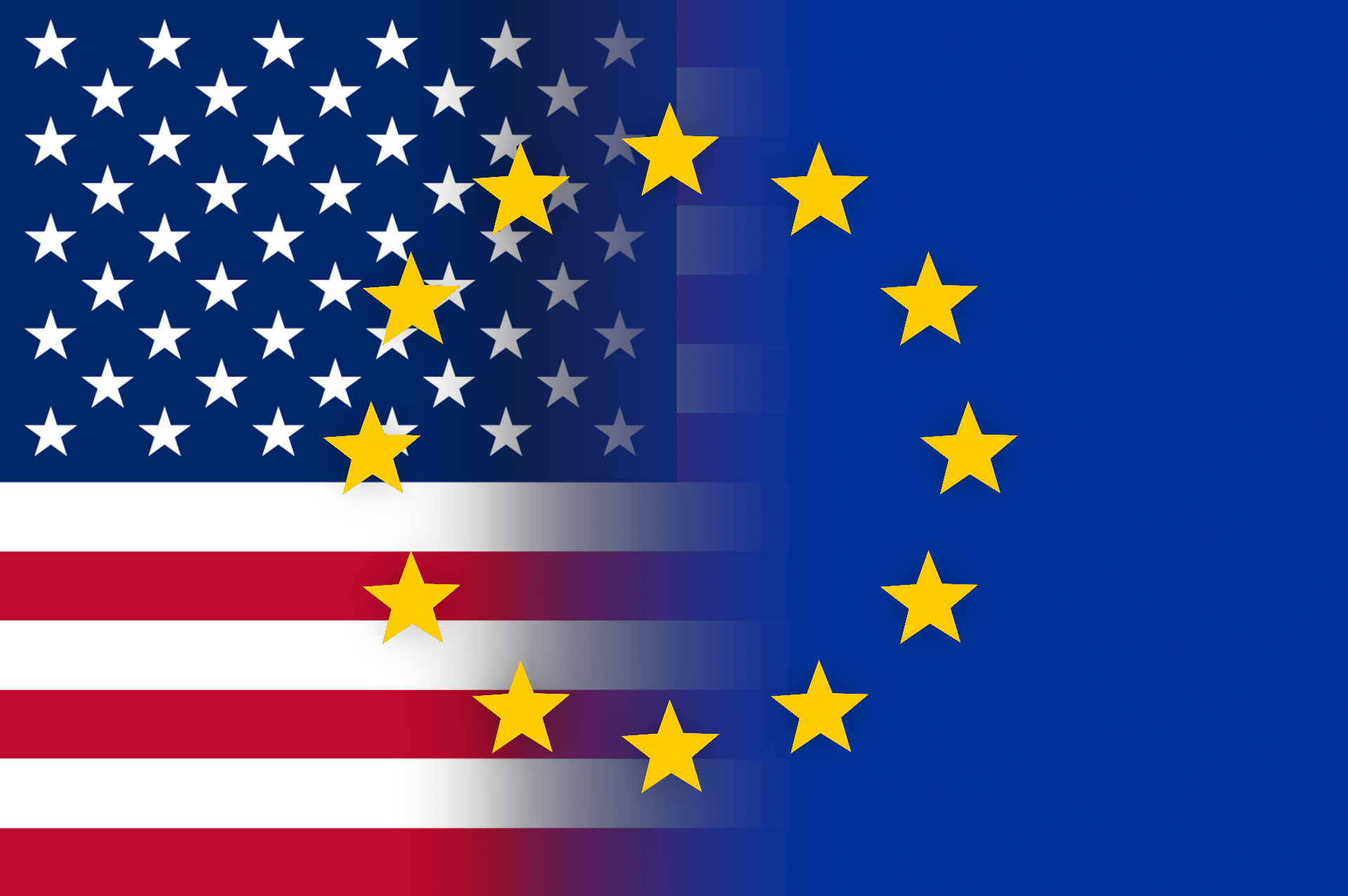Press speech by Commissioner Sinkevičius, delivered during his official visit to the United States

“Check against delivery”
Good morning everyone,
I am very pleased to be here – in the United Nations – today.
The past two years were indeed difficult for people all around the world. Pandemic caused uncertainty in daily lives, but also on the international scene, including as regard the global environmental and climate agenda.
An agenda that cannot afford to wait. The opportunity to finally visit the United States and the United Nations despite a difficult context, is important as we more than ever need to engage on our respective efforts we did to save the planet while creating job opportunities and delivering on our sustainable development goals.
In the European Union, we have advanced really fast and really far with our Green Deal. I must stress that we are not only ambitioning to bring changes within the EU, but also to lead by example and steer a global green transition. This is what underlines some of our key work, such as our new deforestation proposal or ambitious biodiversity targets.
But let’s be realistic too: we all have lost precious time to save our nature, our oceans, and to create more sustainable opportunities for citizens all around the world.
Many important meetings have been postponed. Many vital decisions, which we should be implementing as I speak to you, have not been adopted. So despite a still difficult times, in particular for developing partners, we must move forward and we must do it fast.
This year must be the year of the oceans. This year must be the year of biodiversity.
This year we must find a window of opportunity to reach agreements that will change the world for better.
And I cannot think of a better place than the UN to make this call.
First of all, we have to agree on a truly ambitious Global Biodiversity Framework at the upcoming CBD COP15.
We need a Paris moment for biodiversity. This is a top priority for the EU.
We want COP15 to be a genuinely transformative moment for biodiversity, and this requires a strong political engagement from all at the highest level.
The disastrous consequences of biodiversity loss are still not explained well enough to our citizens. Yet, let me be clear: without acting on this front, we won’t succeed in solving the climate crisis. Because the finest technologies to solve the climate crisis are not sophisticated machines. They are trees, oceans and healthy ecosystems.
We absolutely need to protect and safeguard them for the future.
Second are where we must progress swiftly, is plastic pollution.
Don’t get me wrong: plastic is a necessary material for many of our daily uses. But as a major cause of terrestrial and marine pollution, it has to be managed properly, all along its life-cycle.
Current initiatives, regulations and efforts have proved insufficient to tackle the global crisis of plastic pollution, in particular in the marine environment.
It is essential to get plastics under control and the only way to do it is globally.
Now about 140 countries are calling for the establishment of an intergovernmental negotiating committee with a view to agree on a global agreement on plastics. More than 70 of them have already clearly stated that this new instrument should be a legally binding one.
I am very happy to see so many countries united in a decisive move. As I am back from Washington, I was very pleased to see that my US counterparts are as much keen as we are to have the negotiations for a global agreement at UNEA5 in Nairobi.
The third urgent focus this year is the Ocean.
The ocean is a shared space and it’s sustainability depends on all of us.
So it is vital that we work together to protect the oceans, their ecosystems and the critical services they deliver including to fight climate change.
The European Union is determined to reach an ambitious agreement on the High seas – the so-called ‘BBNJ Agreement’. These negotiations are a once-in-a-generation opportunity to protect the ocean, and it was very encouraging to discuss with our American friends our common determination to reach a successful conclusion still this year.
That would be great news for the oceans, and it would send a very powerful signal for other negotiation processes, like the Global Biodiversity Framework.
The EU will launch a High Ambition Coalition for BBNJ on the occasion of the One Ocean Summit next week, and we hope to welcome the US and many other countries on board.
All of these 3 big challenges are in the interest of us all. Of all the 193 Member States of the United Nations.
2022 will hopefully be the year that shows how all of us together and each of us separately can make a difference and bring about the long-awaited global green transition.
I am more than convinced that this transition is not only the one that we owe to future generations. It’s also the one that will help us to build back better after the pandemic.
Let’s not be discouraged by the task, let’s not be in a position to wait for others to act, but let’s all roll up our sleeves.
Thank you.
